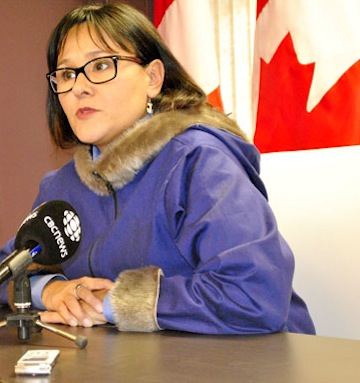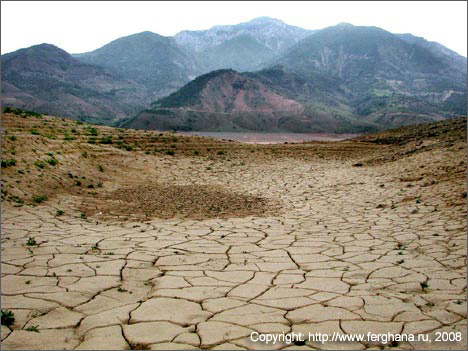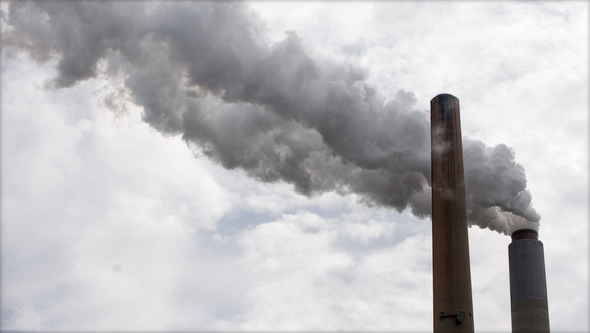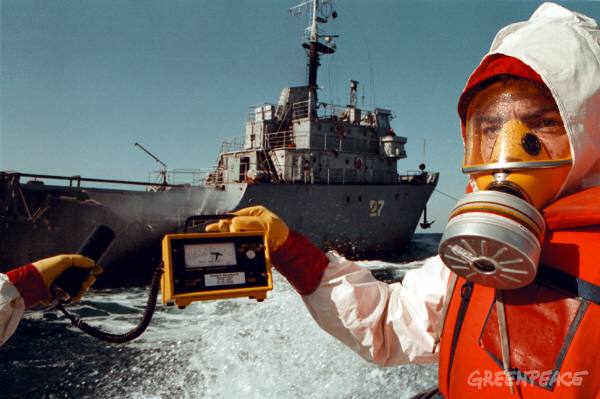With its 162,000 kilometres of Arctic coastline constituting a quarter of the global Arctic, Canada is undeniably an Arctic nation. In fact, 40% of the country’s landmass is in the North, encompassing the Yukon, Nunavut and the Northwest Territories. For the upcoming two years, Canada will enjoy agenda-setting opportunities as the Chair of the Arctic Council. Bearing in mind the importance of this region for Canadian national interests and economic ties, how effective has the Canadian Arctic Foreign policy been in terms of translating public interests into a political strategy?
Environment Minister Leona Aglukkaq, an Inuk representing the Arctic constituency of Nunavut is the current chairperson of the Arctic Council. In reference to the beginning of Canada’s leadership in the council, she promised to bring a different vision to the table. Minister Aglukkaq wishes the Council’s work to be done for and by the Northerners, meaning two things. First of all, this explains Canada’s unwillingness to grant permanent member status to non-northern countries. Secondly, Ms. Aglukkaq’s attitude establishes Canadian Arctic Council priorities as developing the North and creating economic opportunities working in tandem with business communities. For this, she calls upon the involvement of mining, oil, and shipping firms, and reaffirms Prime Minister Harper’s position, which connects the simplification of rules around resource development in the North to solving the regional social challenges.
When considering Canadian public opinion, however, one sees a slightly different picture. A representative study covering nearly 3,000 participants from across Canada closely examined the nation’s sentiments about Arctic security, which resulted in several noteworthy conclusions. Firstly, many Canadians (both living in the provinces and the territories) perceive the Arctic as the most important foreign policy priority. Secondly, Arctic policy is no longer just viewed from a realist prism that equates security with borders. Canadians today tend to use a more holistic perspective including environmental concerns as well as a human capital focus when thinking about the region. That said, while sovereignty and border security issues are relatively more prominent for the provinces, human infrastructure development (schools, hospitals, etc.) and environment are relatively more important for the territories.
Canadian Arctic policy embraces a multi-dimensional approach too. While the Arctic Council is utilized as a platform of cooperation and the sharing of best practices, environmental, security and development related concerns are not off the table. In May, Canada signed the Agreement on Cooperation on Marine Oil Pollution Preparedness and Response in the Arctic, along with the other Arctic states. Furthermore, in November last year, Canada reached a tentative agreement with the Kingdom of Denmark to settle the old border dispute. Lastly, Canada is preparing to host the first Circumpolar Business Forum to promote “Arctic to Arctic” dialogue and provide a bigger opportunity to the business community for contributing to the development of the Arctic.
Although contemporary Canadian foreign policy toward the Arctic and its security has become more nuanced, the government’s concerns for human capital and environmental safety have not been effectively tackled yet. While the current government attaches high importance to resource development as a strategy for improving social and economic opportunities in the North, it has not made any tangible commitments for improving the living standards of Arctic communities thus far. The Canadian government’s environmental efforts are also viewed with concern. Minister Aglukkaq’s rhetoric on the subject has attracted much criticism both from Northerners and from environmentalist organizations. Canada’s Arctic policy has huge domestic implications for the immediate well-being and economic security of Northern communities. Given the sensitivity of the issue, the Northern strategy should be further expanded to include public concerns about to region to ensure a more legitimate representation of this Arctic nation’s interests.




